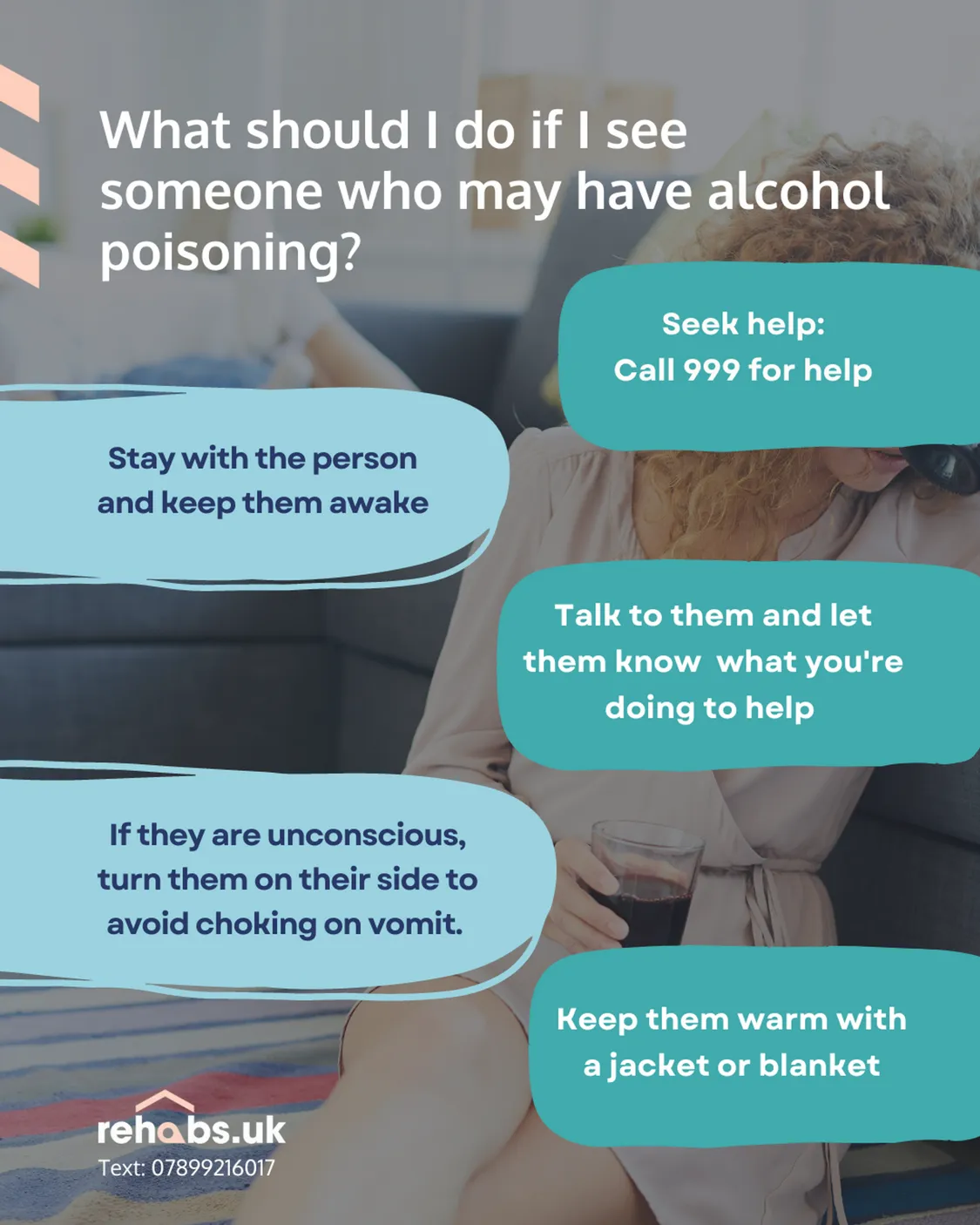24 Aug 2023
Alcohol poisoning occurs when a person consumes a dangerously high amount of alcohol in a short period. The effects can vary in severity and duration, often depending on the amount consumed and the individual's tolerance. While the exact timeline may differ, the initial symptoms of alcohol poisoning typically manifest within hours after excessive drinking and may last for an extended period.
How Much Alcohol Is Too Much Alcohol?
The threshold for alcohol poisoning varies based on factors such as body weight, metabolism, and tolerance. Generally, consuming a large quantity of alcohol rapidly can overwhelm the body's ability to metabolise it, leading to alcohol poisoning. It's important to be aware of your limits and drink responsibly to avoid the risk of alcohol poisoning.
What Are the Effects of Alcohol Poisoning on Your Health?
Alcohol poisoning can have severe consequences on various aspects of your health, including:
Poor Heart Health
Excessive alcohol consumption can damage the heart, contributing to issues like high blood pressure, stroke, cardiomyopathy, and irregular heartbeats. Recent studies have emphasised the link between alcohol and blood pressure, underscoring the need to moderate alcohol intake.
Damage to Your Liver
The liver bears the brunt of alcohol abuse, leading to conditions like liver failure, cirrhosis, fibrosis, fatty liver disease, and alcoholic hepatitis. Prolonged alcohol abuse can irreversibly harm the liver's function and overall health.
Reduced Pancreas Health
Excess alcohol can produce toxic substances that damage the pancreas, potentially leading to pancreatitis—a painful inflammation of the pancreas. This condition can disrupt digestion and cause significant discomfort.
Poor Stomach Health and Digestion
Overindulgence in alcohol can harm the stomach, causing inflammation and blood vessel swelling that impede proper digestion. This strain on the stomach and pancreas can lead to stomach pains and digestive issues.
Weakened Immune System
Chronic alcohol consumption weakens the immune system, making it harder for the body to fend off diseases. Those who drink excessively are more susceptible to infections, including pneumonia and tuberculosis.
Increased Cancer Risk
Research has established a connection between excessive alcohol consumption and an elevated risk of certain cancers.
What Does Alcohol Poisoning Do to Your Brain?
Alcohol interferes with the brain's communication pathways, affecting both appearance and function. It can lead to changes in mood, behaviour, and cognitive abilities. Moreover, alcoholism has been linked to depression, highlighting the intricate relationship between alcohol and mental health.
How Long Do Alcohol Poisoning Effects Last?
The effects of alcohol poisoning can persist for several hours to a day or more. Drinking a large amount of alcohol in a short time can slow the body's ability to fight infections, which may extend the duration of sickness even up to 24 hours after excessive drinking.
Is Alcohol Poisoning Fatal?
In the worst cases, alcohol poisoning can be fatal. Recent data from the Office for National Statistics (ONS) highlights the seriousness of alcohol-related deaths. While most people recover from alcohol poisoning with proper care, it is crucial to recognise the potential risks and act swiftly if symptoms are severe.
How to Spot the Signs of Alcohol Poisoning?
Recognising the signs of alcohol poisoning is essential for prompt intervention. If you suspect someone has alcohol poisoning, immediately call emergency services at 999. Signs may include: confusion, vomiting, seizures, slow or irregular breathing, unconsciousness.
How to Help a Loved One Suspected of Alcohol Poisoning
When you suspect someone has alcohol poisoning, follow these steps:
Stay with Them: Stay with the individual to monitor their condition and provide assistance if needed.
Sit Them Upright: If awake, have them sit upright to aid breathing and prevent choking.
Give Water to Sip: Offer water to sip, avoiding caffeinated beverages that can cause dehydration.
Recovery Position: If the person is unconscious, put them in the recovery position to prevent choking on vomit.
Keep Them Warm: Ensure the person stays warm to prevent hypothermia.
Avoid More Alcohol: Do not allow them to consume more alcohol.
Avoid Cold Showers or Baths: Cold exposure can be dangerous; avoid it to prevent accidents.
Do Not Make Them Vomit: Do not try to induce vomiting, as it can lead to choking.
How to Avoid Alcohol Poisoning
To prevent alcohol poisoning, consider these tips:
Moderation: Drink in moderation, keeping track of your alcohol consumption.
Hydration: Stay hydrated by drinking water between alcoholic beverages.
Alternate Drinks: Switch between alcoholic and non-alcoholic beverages.
Know Your Limit: Understand your tolerance and avoid binge drinking.
Eat Before Drinking: Consume a meal before drinking to slow alcohol absorption.
Seek Help: If you or a loved one struggle with excessive alcohol consumption, seek professional support.

Are You or a Loved One Drinking Too Much Alcohol?
If you suspect you or someone you care about is struggling with alcohol consumption, consider seeking help. Rehabs UK offers support and resources for those seeking recovery from alcohol-related issues. Contact us through the provided form.
Remember, alcohol poisoning is a serious medical emergency. If you suspect someone has alcohol poisoning, call 999 immediately and follow the recommended steps while awaiting medical help. Your quick action could save a life.
